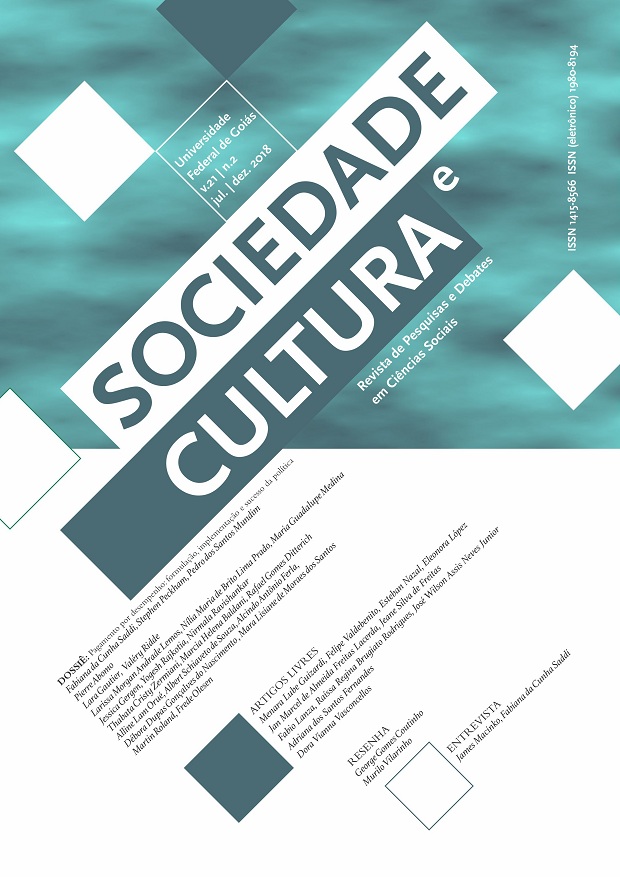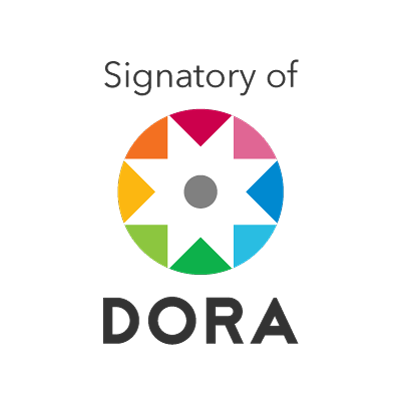The good, the bad, and the disruptive of performance- based financing on the Mozambican health system: results from a process evaluation
DOI:
https://doi.org/10.5216/sec.v21i2.56312Palabras clave:
Performance-based financing, Results-based financing, Health systems research, Mozambique, Health system reformResumen
A significant debate is unfolding around whether performance based
financing (PBF) is a mechanism of achieving broader health systems transformation. This study aims to contribute to this dialogue by assessing how PBF fostered positive, perverse and disruptive effects on the health system in two provinces of Mozambique. The study used qualitative methods to collect data in 24 PBF health facilities from 60+ health workers and facility administrators. PBF improved the facility’s work environment through improved local financial capacity and autonomy, resulting in greater planning. Health workers perceived incentives as a source of motivation, however the allocation of incentives among staff as unfair and lacking transparency. Major improvements in data quality
and completeness was observed in facility registers, verified quarterly. However, a heavier workload and enhanced focus on information systems were disruptive to time spent on clinical care. PBF remains a health systems strengthening intervention that results in targeted and program-driven changes that are not yet institutionalized or uniformly applied. Sustaining positive effects will requires greater focus on institutionalizing changes to governance, management structures, and financial autonomy, while enhancing inclusiveness of the demand-side.
Descargas
Descargas
Publicado
Cómo citar
Número
Sección
Licencia
Autores/as que publican en esta revista están de acuerdo con los siguientes términos:
- Autores/as mantienen los derechos autorales y ceden a la revista el derecho de primera publicación, siendo el trabajo simultáneamente licenciado por la Creative Commons Attribution License, lo que permite el compartir del trabajo con reconocimiento de autoría y de la publicación inicial en esta revista;
- Autores/as tienen autorización para asumir contratos adicionales separadamente, para distribución no exclusiva de la versión del trabajo publicada en esta revista (ejemplo: publicar en repositorio institucional o como capítulo de libro), con reconocimiento de autoría y de la publicación inicial en esta revista;
- Autores/as tienen permiso y son estimulados/as a publicar y a distribuir su trabajo en la web (ejemplo: en repositorios institucionales o en su página personal) a cualquier punto antes o durante el proceso editorial, ya que eso puede tener alteraciones productivas, así como aumentar el impacto y la cita del trabajo publicado (véase O Efeito do Acesso Livre).



